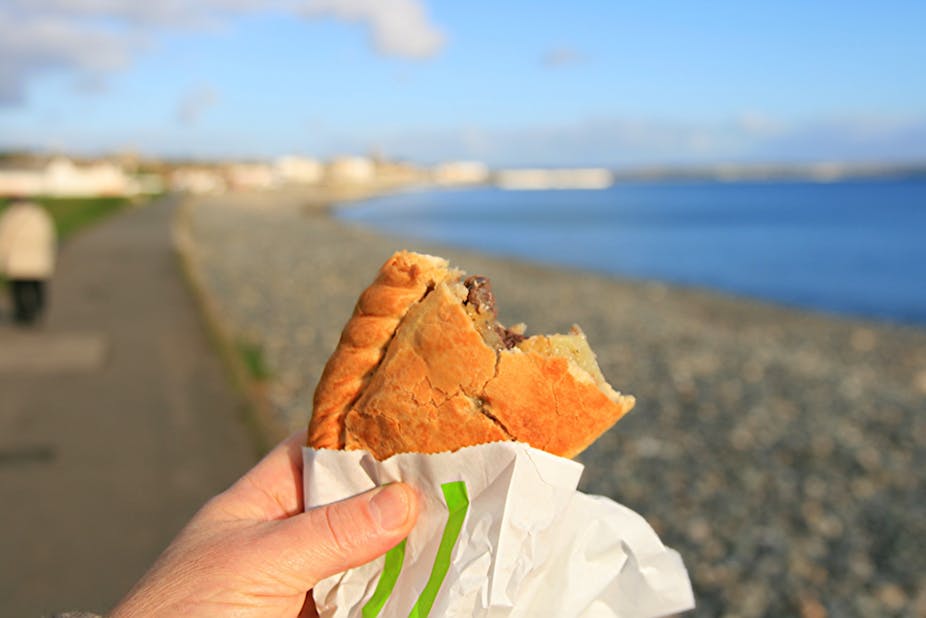Food labelling is a contentious topic that has been going through the mincer for decades. Many of the issues have been designed to aid the consumer, such as the traffic light system, and clearer displays of calorie content.
There are still many problematic issues particularly around areas such as self-regulation of food labelling and the NHS’s involvement in our food consumption. The latter being controversial not least because of the presence in many hospitals of well-known coffee chains stocking highly-calorific muffins.
Another food labelling issue that periodically hits the headlines is the matter of EU geographical protections for items such as Cornish pasties, Parma ham, and Champagne applied to protect authenticity and provenance. However, we now hear that these protections may be removed as EU free trade negotiations with the US – often labelled TTIP – approach a possible deal.
Christian Schmidt, the German agriculture minister, said that protections for regional specialities might have to be sacrificed to to the greater good.
If we want to take advantage of the opportunities of free trade with the huge American market, we can no longer have every type of sausage and cheese each protected as a speciality.
Cheese Strings attached
While cheddar cheese manufacturers may be aghast at the prospect of their product being made in New York City, German food producers seem to be even more concerned, with Bild newspaper asking whether Black Forest ham will soon be imported from America – apparently such a product is already made there.
Putting aside the rather casual way these protections – enshrined in EU law as they are – can be thrown overboard, is any of this important to the consumer? Presumably it matters hugely to some who would want a clear message about provenance so they don’t have to flip a pasty over every time to check it hasn’t got a Made in China sticker on it? But as a principle, after decades of following the rule that consumers should be fully informed about what they are buying, shouldn’t clear and informative labelling continue to be paramount?
Another issue to consider is implementation. That ubiquitous British invention, hyphenating the word “style” after everything, will probably not be sufficient; you’d be rubbing your eyes after seeing “Cornish pasty-style Cornish pasty”. Subtle renaming clues such as Kornish pasties or Shampagne from the US would not be enforceable on the manufacturers. “Made in the USA” stickers might not apply if the pasties were in fact made by a US manufacturer’s subsidiary in Dublin’s tax free zone.

Could a feasible approach be segregation? We could put all geographically protected brands together on one shelf, like they do with organic, or gluten-free products? But this would only lead to both sides claiming it adversely affected their products.
Perhaps a solution would be to invent a new sticker that all protected brands would add to their produce, saying something like “The one and only” or “Beware of imitations” or if something more formal is sought, “Protected by EU Regulation No 1151/2012 of the European Parliament and of the Council of 21 November 2012 on quality schemes for agricultural products and foodstuffs, though ignored by powerful markets”. Joking aside, it may be more important than ever for consumers for who this matters to check where their Cornish pasty or cheddar cheese has actually been made.
Above all this current issue illustrates just how awkward, protected designation of origin (PDO), protected geographical indication (PGI), and traditional specialities guaranteed (TSG) are in practice. These forms of words have been enforced within the EU and have gradually expanded internationally via bilateral agreements between the EU and non-EU countries, so what will happen in those countries that have already agreed?
It all starts to get very messy, but then that’s what can happen if you start tampering with a Cornish pasty.

